INTESTINAL WORM PREVENTION
Worms, Worms Everywhere!
Intestinal worms are amongst the most common forms of parasites that infect our pets – studies have shown that on average over 1/3 of mature dogs are carrying some form of intestinal worm parasite at any given time.
Most species of intestinal worm spread their eggs readily into exactly the sorts of environments that our pets love the most – into soil or water, usually through the waste of other infected animals, and the worm’s life cycle then begins over again in their new host.
While most worm infestations are easily managed, they can cause your pet to become quite severely ill if left untreated.
Anti-Worm Prevention Programs
At Clyde Veterinary Hospital, we have a strong philosophy of preventative medicine, which includes a “cradle to grave” approach to all-round parasite prevention, starting with puppies and kittens aged from around 6 weeks of age.
Fortunately these days, a number of highly effective preventative treatments exist which allow you to guard against a wide range of high risk parasites through the use of one simple treatment, usually in the form of a tasty chewable medication or easily applied topical treatments.
Let Clyde Veterinary Hospital team put together a preventative care regime for your dog or cat, which will see them effectively protected against the most common types of intestinal worms – roundwork, hookworm and tapeworm all year round and eliminate the risk of the most severe symptoms associated with all these nasties and more.
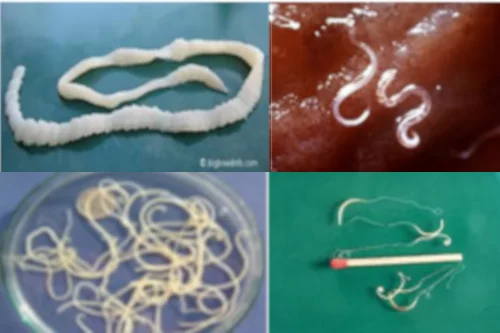
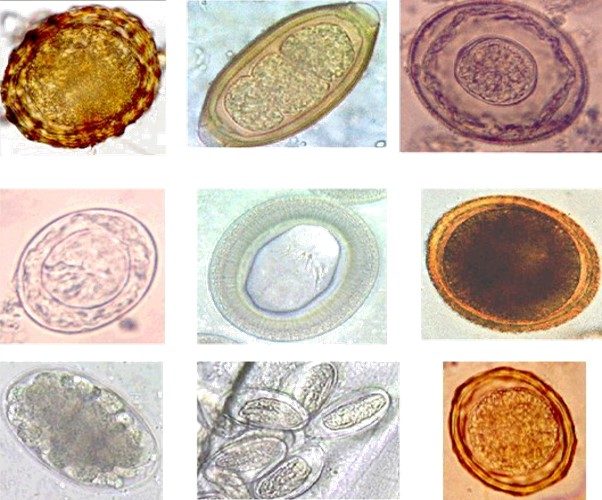

Payment Plans
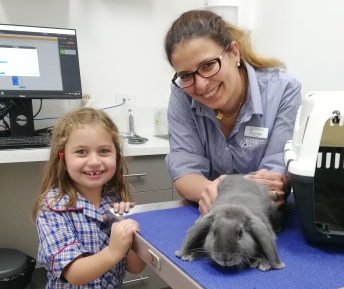
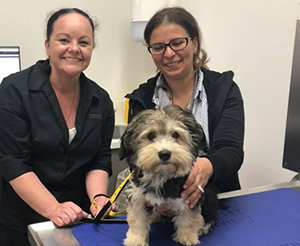
WHY CHOOSE

FOR VETERINARY WORM PREVENTION
State of the Art Clinic

Preventative Care Focus
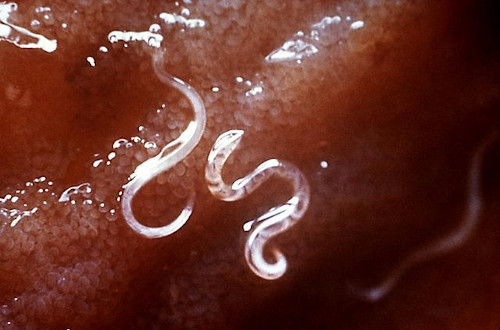
Experienced Veterinarian
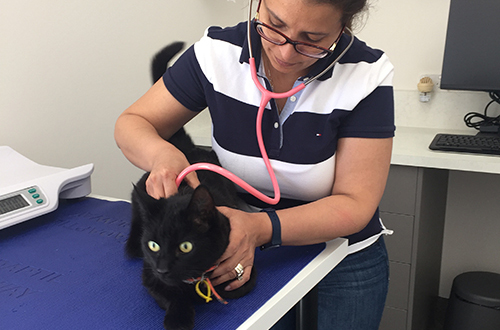
At Clyde Veterinary Hospital, we place a huge premium on preventative veterinary care, and an effective regime for managing the risks to your dog or cat from parasitic worms is a huge part of our philosophy. That’s why we are Casey’s #1 destination for preventative pet health care.
Our state of the art veterinary clinic boasts dedicated dog and cat areas with species-specific anti-stress medication diffusers, so your pet will come away from their trip to Clyde Vet smiling like never before.
We also have positive pressure air conditioning to maintain a sterile surgery environment and our infectious disease isolation ward is accessed directly via our carpark, which means the risk of secondary infection from other animals in our clinic is minimised.
Intestinal worms are the least visible of the common parasites that infect our pets, often without causing any obvious symptoms, so infection can often go undetected and a small problem can quickly become a large one.
The most common species of intestinal worm found in dogs and cats are roundworm, tapeworm, hookworm and whipworm, and fortunately, comprehensive all-in-one preventions and treatments are available.
With the large range of worm prevention and treatment medications on the market today, the choice can be bewildering, but not all medications are created equal.
The most appropriate treatment for your pet will depend upon their unique circumstances and should be considered in the context of a comprehensive parasite prevention regime.
Talk to us at Clyde Vet about the most appropriate treatment based on your pet’s long term health needs.
Many pet owners think worms are an inevitable fact of life – but in fact, it’s not difficult to keep your pet free from the most severe symptoms of worm infestations with a little preventative veterinary care.
Dr Irene Mitry is a veterinarian with a passion for prevention, and she has over a decade’s experience in the analysis, treatment and effective prevention of pesky intestinal worm parasites in most major species.
The team at Clyde Vet pet-side manner is second to none, and she brings her experience strong philosophy of preventative care to bear in crafting an effective anti-worm preventative care regime that takes into account your pet’s lifestyle and risks from other parasites to give you the most effective and efficient means of managing those risks.

JUNE SPECIAL PROMOTION

Buy a 3 or 6 month pack of NEXGARD SPECTRA® at Clyde Vet
Get a FREE BONUS month, valued over $27.99
NEXGARD SPECTRA® is a tasty beef-flavoured chew that dogs love
Just one chew, once a month protects against fleas, ticks, mites, heartworm & intestinal worms!
ph. 9052 3200
FAQs
What are the Symptoms of Intestinal Worms in Dogs and Cats?
The signs and symptoms of intestinal worms vary greatly depending on the type of worm and the severity of the infestation. Typical symptoms include diarrhea, bloody stool, loss of appetite or vomiting. Tapeworms and whipworms typically cause mild symptoms, but severe infestations with roundworms and hookworms can make your pet seriously ill and may even cause anemia leading to death, depending on how badly they are infested. Puppies and Kittens are particularly vulnerable. If your dog or cat is displaying any of these symptoms, we strongly recommend having them tested for intestinal worms as a matter of urgency.
Should I Have My New Puppy or Kitten Wormed?
Yes. Some level of intestinal worm infestation is common in kittens and puppies, and at that age, they are extremely vulnerable to disease, so we recommend having all new kittens and puppies wormed at every 2 weeks until 12 weeks old, with follow-up boosters as necessary. Contact Clyde Vet for a proper assessment of your young one’s individual needs and a comprehensive anti-worming regime.
Will Heartworm Treatment Protect My Dog or Cat Against Other Intestinal Worms?
It depends on the choice of treatment, but several of the most common anti-heartworm medications do also work to prevent your pet becoming host to a range of common parasitic worms, including tapeworm, hookworm, ringworm and roundworm. Talk to us at Clyde Vet about the best option for your pet’s comprehensive long term preventative health plan.
What are the Most Common Intestinal Worms in Dogs and Cats, and How Do They Differ?
Roundworms are the most common intestinal worm in pets, with a recent study showing roundworm represent between 25 to 75 percent of intestinal worm infestations.
Roundworms grow to be between three and five inches long and eat the food your pet ingests, stealing their nutrients. The worms then produce eggs, which your pet eliminates in their faeces. The eggs can take weeks to become infective, so for cat owners, making sure you maintain good hygiene with their litter tray by cleaning it regularly is an excellent preventative measure.
Hookworms can be fatal, especially in kittens or puppies. In their fourth larval stage, hookworms can cause anemia and inflammation in your pet’s small intestine. Active worms leave bite sites which can continue to seep blood. Hookworms are generally contracted through either ingestion or skin exposure to contaminated water.
Hookworms are too small to be seen with the naked eye – only a trained veterinarian can offer a definitive diagnosis. A general unhealthy appearance and poor appetite are the most common symptoms of infestation. The linings of your pet’s nostrils, lips, and ears will often also be pale and they may present with dark and tarry stool, diarrhea, or constipation. Death can come suddenly if the animal is not immediately treated, so if you see any of these symptoms, we recommend contacting Clyde Veterinary Hospital immediately for a more detailed examination.
Tapeworm can be transmitted by your pet eating fleas or prey that has been infested with tapeworm larvae. For this reason, maintaining a regular anti-flea regime is also an excellent preventative measure against tapeworm. The worm then matures in your pet’s large intestine before its body breaks up into egg carrying segments which are then passed out in the animal’s faeces. If you notice light coloured flecks in your pet’s stool, this is usually a symptom of tapeworm infestation.
Whipworm is usually contracted through exposure to contaminated faeces or soil. Pets with minor infestations may not present with any visible symptoms, but in more severe cases bloody diarrhea is the most usual sign of the presence of whipworm. In severe cases, the condition can be fatal, so if you notice any issues with blood in your pet’s stool, you should contact Clyde Veterinary Hospital immediately for an urgent diagnosis.
How Often Should I Have My Pet Checked for Worms?
We advise that dogs or cats should at minimum have an annual checkup for the presence of worms and other parasites, increasing to 2-4 times a year for new puppies and kittens, given the higher risks to younger animals with their developin metabolism.
How does the Lifecycle of Intestinal Worms Operate?
No matter what the species of worm, most follow a similar lifecycle. The worm’s eggs are passed into the environment via the faeces of an imfected animal. Your animal then comes into contact with those eggs in soil, water or directly from the faeces itself, and ingests the embryonic eggs. The eggs then pass through your pets bloodstream to one or more of the organs where parasitic worms love to make their home – most usually in your pet’s intestine. From there, the worms begin laying their huge volume of eggs, which in turn pass through your pet’s faeces back into the environment, and the cycle begins anew.
Some worm eggs are even able to pass from a mother to a puppy or kitten via the mother’s milk. Because puppies and kittens can be so vulnerable to disease, we recommend first bringing them in to your vet at around 2-3 weeks of age for their first worming treatment. It will usually take more than one dose for the wormer to be effective. The first round kills the worms that are there at the time, while a second dose kills those worms that may hatch a few weeks later.
Worm eggs can even be passed to your pet via other host parasites such as mosquitoes and fleas, which extract egg-contaminated blood from an infected animal and pass the eggs on to your pet when they move on to bite them. For this reason, a comprehensive anti-parasite regime that addresses these other potential sources of transmission is recommended.
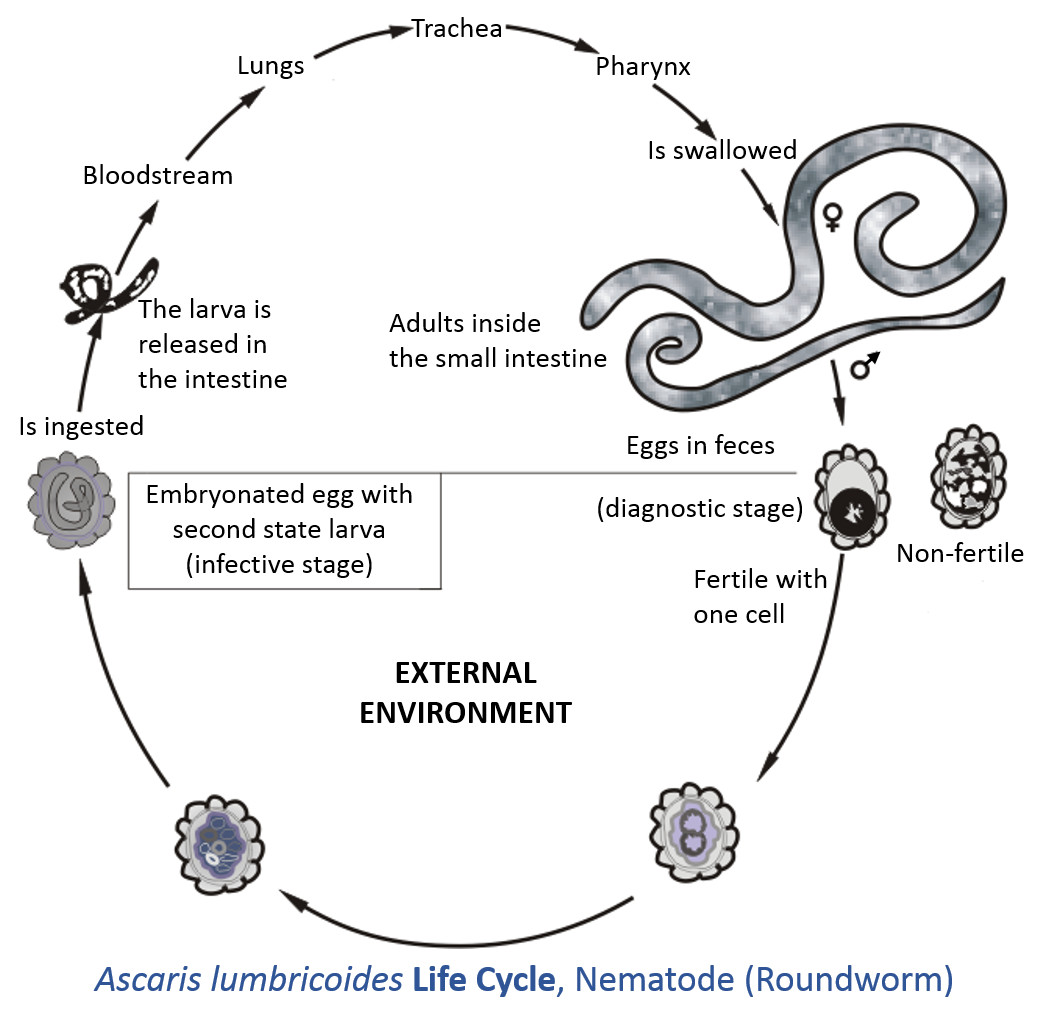
How do Most Common Worming Medications Work?
There are nearly as many types of wormer for dogs and cats as there are species of worm. These include chewable medications, injections or orally-induced liquids. Many of these drugs are described as “broad-spectrum,” because they’re good for treating a wide range of parasites, including worms that live in the gut. They’re poisonous to parasites, but safe for pets.


